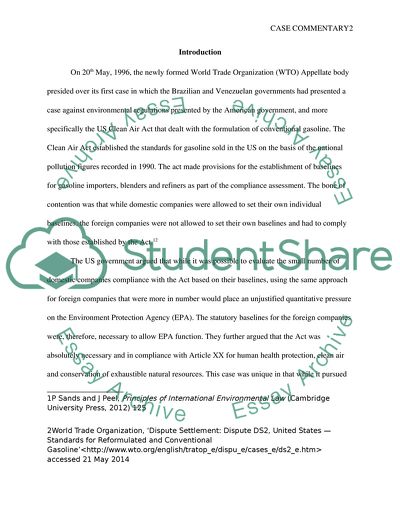Cite this document
(“Case Commentary Essay Example | Topics and Well Written Essays - 1500 words”, n.d.)
Retrieved from https://studentshare.org/law/1647054-case-commentary
Retrieved from https://studentshare.org/law/1647054-case-commentary
(Case Commentary Essay Example | Topics and Well Written Essays - 1500 Words)
https://studentshare.org/law/1647054-case-commentary.
https://studentshare.org/law/1647054-case-commentary.
“Case Commentary Essay Example | Topics and Well Written Essays - 1500 Words”, n.d. https://studentshare.org/law/1647054-case-commentary.


